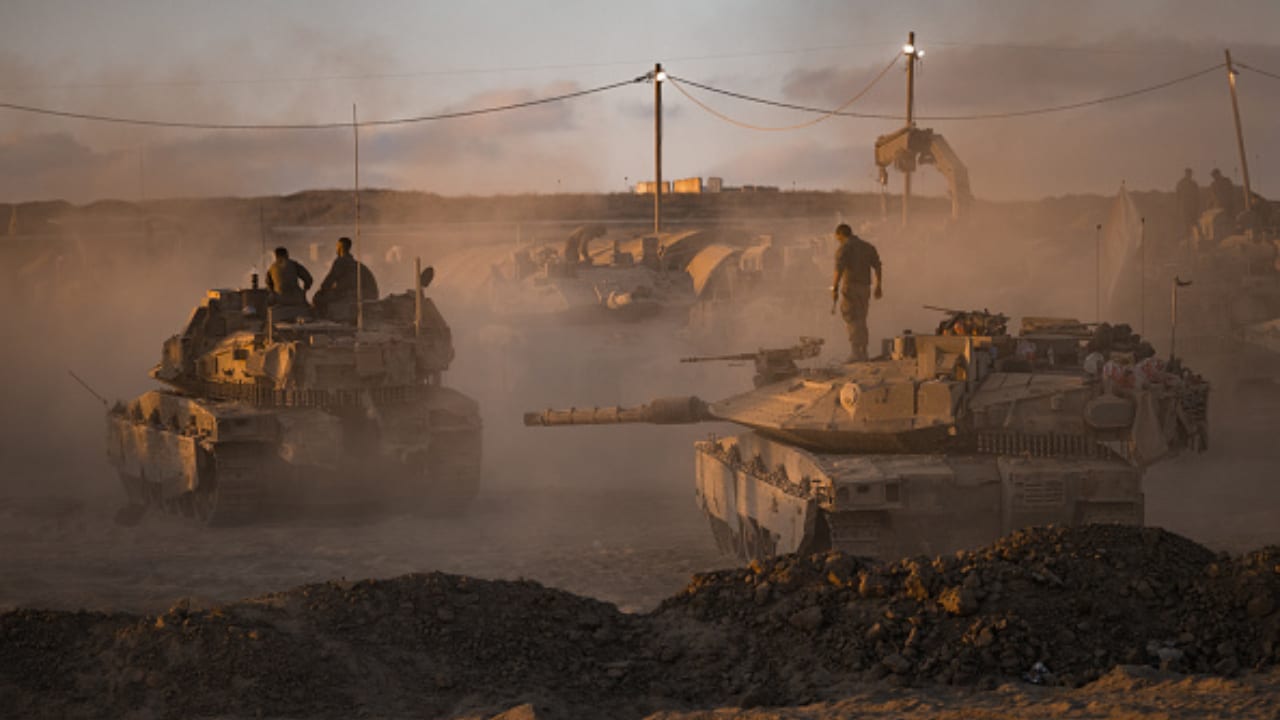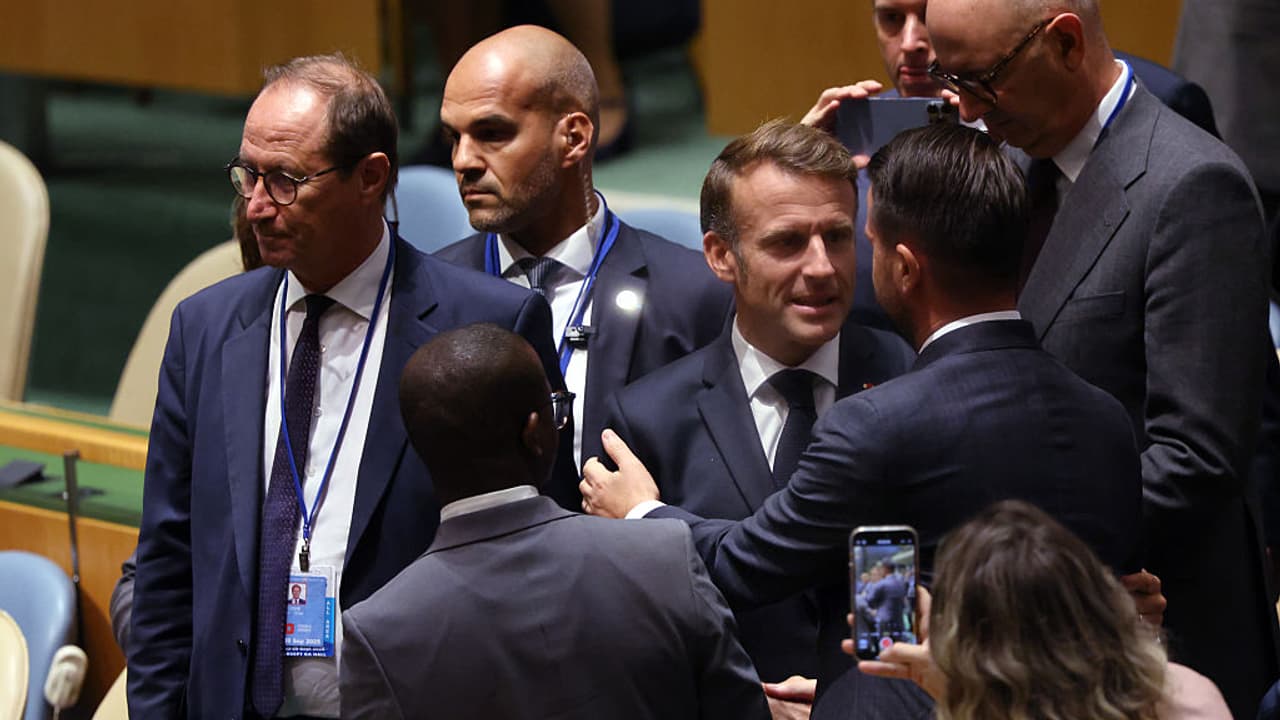More countries now recognise Palestine, but does it shift the war in Gaza? Here’s what changes, and what doesn’t.
At the UN General Assembly on Monday, France became the latest global power to recognise Palestine statehood, a day after the United Kingdom, Canada, and Australia did the same. Smaller European states such as Portugal, Andorra, Belgium, Luxembourg, Malta, and Monaco also confirmed their recognition.
Israel strongly condemned the move. Prime Minister Benjamin Netanyahu’s office called the recognition “an absurd prize for terrorism”, making clear that diplomatic shifts would not alter Tel Aviv’s military approach.
The central question is what does international recognition achieve for Palestine, and does it change the war?
Scroll to load tweet…
European States Increase Pressure, But US Support Remains Decisive
Objectively, recognition alone does not end the war. Israel has escalated its offensive into Gaza City, with PM Netanyahu publicly insisting that the campaign will continue “even if Hamas releases all hostages.”
This shifts the onus to states that enable Israeli non-compliance. Some European governments are gradually tightening export control licences, restricting arms sales, and reviewing components destined for Israel. Yet none have fully severed defence ties.
The United States, by contrast, continues its unconditional support. Washington has already cleared another $6.4 billion in weapons sales. Germany, Israel’s second-largest arms supplier, also refuses recognition of Palestine and together with the US accounts for over 90% of Israel’s defence imports.
The recognition move, therefore, exerts symbolic pressure but leaves Israel’s military position intact.
Palestinian Statehood Under International Law and Practical Challenges

International law sets out four requirements for statehood under the 1933 Montevideo Convention: defined territory, permanent population, government, and capacity to enter into relations with other states. Recognition strengthens Palestine only in the last category.
Territory: Israel’s occupation leaves Palestine with virtually no territorial control. The West Bank, East Jerusalem, and Gaza are defined as the Palestinian state since 1988 under pre-1967 borders. They are entirely under Israeli domination. New settlements, parliamentary support for territorial control, and open statements such as Finance Minister Bezalel Smotrich calling Gaza a “real estate bonanza” further shrink Palestinian prospects.
Permanent population: UN investigators concluded in September that Israeli authorities demonstrated “genocidal intent” in Gaza. Estimates suggest more than 65,000 Palestinians have been killed, while at least one million now face famine in Gaza City. This destruction threatens the very population base required for statehood.
Government: The Palestinian Authority functions only in fragmented West Bank enclaves, while Israel holds de facto control. In Gaza, Hamas has governed since 2007 under total blockade. Current recognition is tied to demands for PA reforms and Hamas’ exclusion from politics. Even if achieved, a demilitarised Palestine would remain without sovereignty, as Israel is unlikely to yield security control.
Capacity for relations: This is where recognition directly helps. More states treating Palestine as a legitimate international actor allows its representatives wider space to lobby for pressure on Israel. But without sovereignty over territory, population, or government, this is a limited advantage.
Israel’s reaction has been predictable of intensification, and not compromise. After the UK recognised Palestine, Benjamin Netanyahu declared that “a Palestinian state will never be established” and boasted that he had personally prevented such a development despite international pressure.
This matches his rhetoric after the UNGA overwhelmingly voted for the two-state solution on September 13, with support even from India. Israel views recognition efforts as irrelevant in the face of facts created on the ground.
Each new recognition therefore produces a paradox. International diplomacy inches forward, but Israeli military policy deepens occupation, settlements, and control, rendering Palestinian sovereignty less likely with each passing day.
Growing recognition of Palestine shows international frustration with Israel’s war conduct and refusal to consider a two-state outcome. Yet it delivers no material relief for Palestinians under bombardment, nor does it shift Israel’s strategy, protected by US and German support.
Diplomatic recognition strengthens Palestine’s case in international forums, but as long as Israel dominates territory, population, and governance, statehood remains symbolic rather than real.
